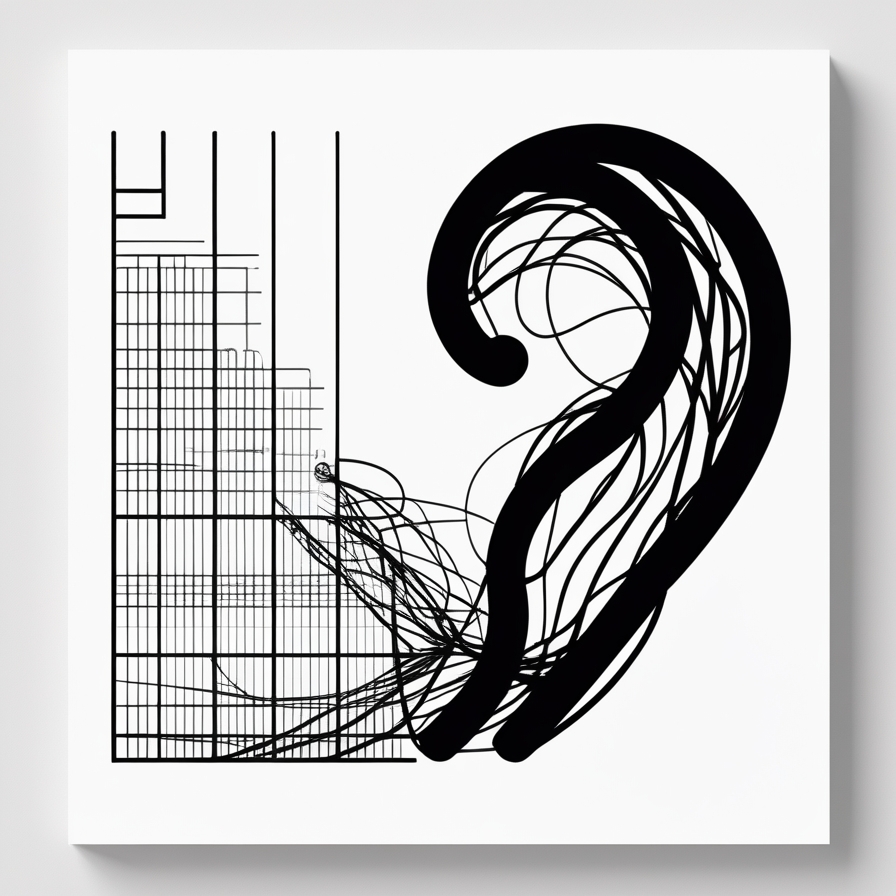-
So after 2 years of fumbling through BDSM like a middle-aged man trying to figure out TikTok, I can now explain “drop” with the confidence of someone who has googled extensively and lived to tell about it.
Drop is what happens when your brain’s chemical party ends and everyone has to go home. During a scene, your body floods with endorphins, dopamine, oxytocin—basically every feel-good neurotransmitter having a rave in your skull. Then the scene ends and your brain chemistry crashes harder than my knees getting out of bed.
We call it “Thursday cereal dinner” because that’s exactly what it feels like—too emotionally and physically exhausted to make real food, so Lucky Charms becomes dinner and you pretend that’s totally normal adult behavior.
The Science Part (That I Actually Understand Now)
Your nervous system basically treats intense BDSM like you’re running from a tiger while having the best orgasm of your life. Adrenaline, endorphins, the whole cocktail. When it’s over, those levels don’t just return to normal—they often dip below baseline for 24-72 hours.
It’s not psychological weakness. It’s neurochemistry being dramatic.
What This Looks Like in Practice
For me, dom drop hits like a delayed anxiety attack. Two days after a good scene, I’m lying there convinced I’m either a terrible person or Rose secretly hates everything we do. My brain helpfully replays every moment, asking “Did you check in enough? Was that too intense? Are you sure she wasn’t just being polite?”
Rose gets what I call “emotional cereal dinner”—she functions fine but everything feels flat and exhausting. She’ll do laundry and make coffee but can’t explain why she feels empty.
Max the dog has learned to just bring us his comfort toys when we’re both being weird.
Drop vs. Depression: The Question That Keeps Me Up
Here’s where it gets complicated when your partner has major depressive disorder. Drop and depression symptoms overlap like a Venn diagram designed by someone who hates clarity:
- Both cause mood changes and fatigue
- Both make everything feel harder
- Both respond to comfort and support
- Both can make you question everything
The difference? Drop has a clear trigger and timeline. Rose’s depression does whatever the hell it wants, whenever it wants. Sometimes they team up, which is about as fun as it sounds.
My Completely Amateur Diagnostic Method
I’ve learned to ask: “Is this scene-related or brain-chemistry-being-a-dick related?” If she can connect it to what we did, it’s probably drop. If it came out of nowhere and feels familiar, it’s probably her depression.
If it’s both, I make extra soup and prepare for a longer recovery period.
What Actually Helps
For regular drop:
- Physical comfort and reassurance
- Hydration and actual food (not just cereal)
- Reminders that the scene was good and consensual
- Patience with the recovery process
For depression-complicated drop:
- All of the above, plus her regular depression management tools
- Extra check-ins over several days
- Professional support if it lasts too long
- Accepting that recovery might take longer
The Reality Check
Drop doesn’t mean you did something wrong. It means you did something intense enough to affect your brain chemistry. The goal isn’t to avoid it—it’s to expect it and have a plan.
We’ve learned that aftercare isn’t just the hour after a scene. Sometimes it’s Rose texting me three days later saying “I think I’m having cereal dinner feelings” and me bringing home Thai food and reassurance that she’s not broken.
It’s part of the deal. And honestly, knowing what to expect makes the whole thing less scary and more manageable.
Currently working on “Drop Management Protocols v5.2” if anyone wants to compare spreadsheets.
-
Thursday Check-in: Meet Your Host
Blog Thursday night, 10:15 PM. I’m eating cereal for dinner again because I opened…

This is a hero title that welcomes readers to our blog.
This section highlights the purpose of the blog, offering engaging stories, expert opinions, and valuable insights for readers to learn and grow.






Leave a Reply